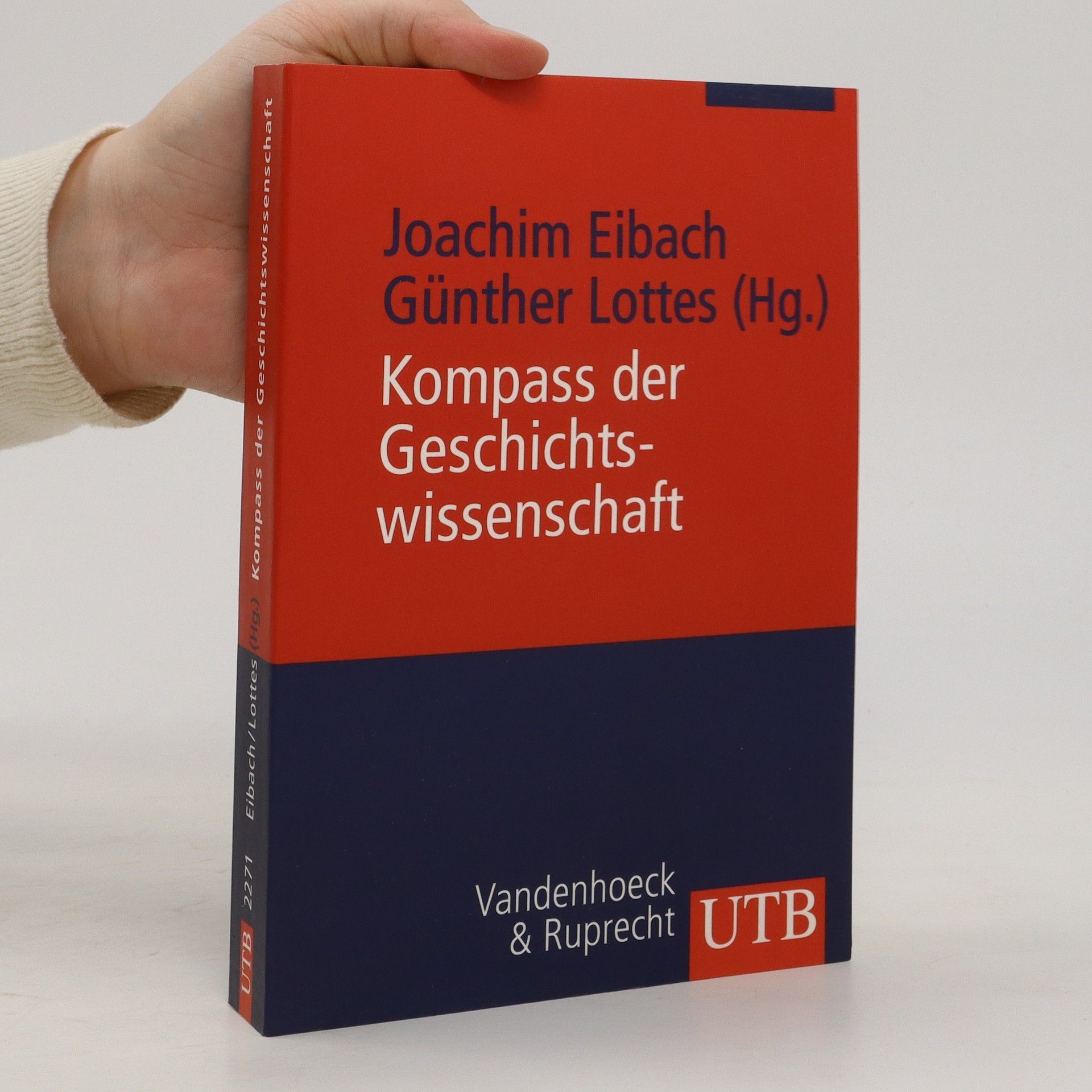Fragile Families
Marriage and Domestic Life in the Age of Bourgeois Modernity (1750-1900)
In the era of bourgeois modernity (1750–1900), the family is as valued as it is vulnerable. It constitutes a community of care, conflict, and emotion. Time and again, it is evoked as a bond of love as well as a moral institution. Yet both love and morality are fragile. A more detailed exploration reveals that domestic life during this period was much more colorful, open, and dynamic – and also more prone to crisis – than one might expect given the vaunted view of the family that characterized the heyday of the bourgeoisie. This book rewrites the history of the modern family. Self-narratives – primarily diaries – written by members of eight families from Germany, Switzerland, and Austria serve as sources for this research. The focus extends far beyond the bourgeoisie. With a micro-historical eye, the author reconstructs family histories from the peasant milieu to the patrician elite, from the parsonage to the educated bourgeoisie; he considers the domestic life of a journeyman craftsman, a couple’s descent from the ranks of the petite bourgeoisie, the effects of an itinerant childhood among the proletariat, and the strain of being caught between a bourgeois family and artistic individuality. Many of these aspects point beyond bourgeois modernity to the family in our time.

